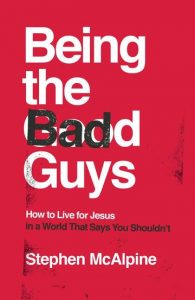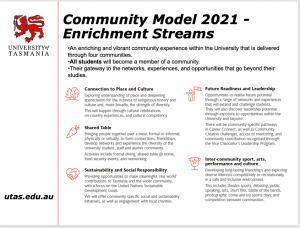February 9, 2021
This little book by Stephen McAlpine is a great read for a ministry team or book club.

It provides cultural & historical analysis on the current cultural mood in the West & straightforward biblical reflection on how to live as Christians & preach the gospel in an increasingly dismissive & antagonistic context.
Stephen’s blogging has a tendency to overblown metaphors, purple prose & sometimes a kind of hysterical shrillness—all part of his schtick. These tendencies are dialled back here, which makes the writing more engaging for a wider audience & better suited for the book format.
I certainly didn’t find myself 100% in agreement with every step of Stephen’s cultural and historical analysis. Found myself sometimes thinking to myself “Yeah… could be…” or “… I suppose a bit… but what about…”
Some of the solutions and challenges Stephen offers also sound cooler than they are practical. For example, comparing the kind of deep discipleship the church needs to provides to the saturation of media, advertising and Netflix (29)… is a little comparing apples and oranges.
For all its interest in highlighting various cultural problems, it isn’t outraged or panicky, nor does it rush to complaints of persecution. Rather Stephen’s says we shouldn’t be surprised, but instead carry on with Christian life, discipleship, community & mission.
The closing chapters are exciting in their re-presentation of church life and Christian faithfulness in the world. They are telling us things that are true in every age, simply worded to be relevant to our particular age.




